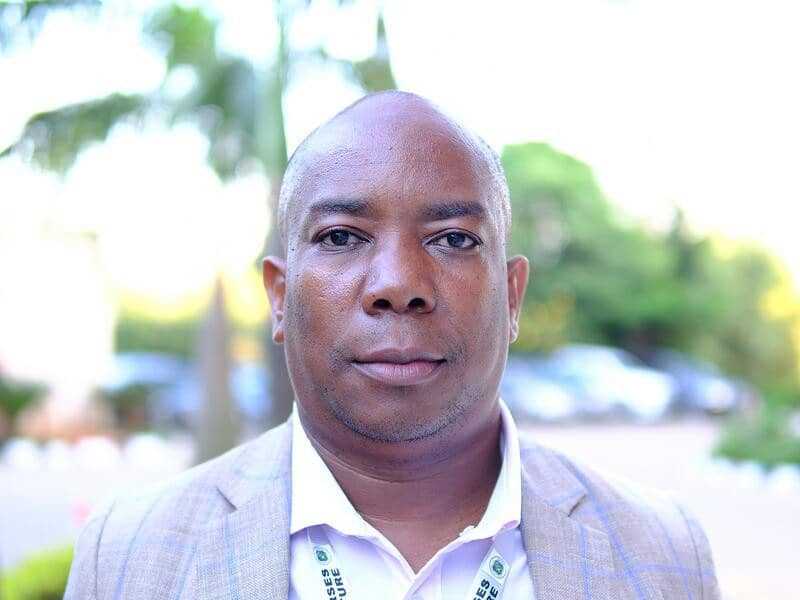
Rutendo Mazhindu- Zim Now Reporter
The Zimbabwe Nurses Association has sounded the alarm over what it describes as the catastrophic collapse of the country’s public healthcare system, warning that lives are being lost daily due to government neglect and systemic failure.
ZINA President Enock Dongo said public hospitals have plunged into disrepair, leaving patients to face unnecessary suffering and avoidable deaths.
“This is not just a crisis for health workers; it is a national emergency that affects every citizen,” he said.
“If health workers are properly supported, the biggest beneficiaries will be the patients themselves.”
The association challenged government officials and members of the public to visit hospitals like Harare Central to witness the crisis firsthand.
“Ask yourself if you or your loved one would receive the care you deserve. It is only when you or someone close to you falls sick that you fully realise how broken our healthcare system has become,” said Dongo.
Related Stories
ZINA detailed dire conditions in public health institutions, highlighting the absence of essential medication, non-functioning departments, and collapsing infrastructure.
“Patients are told to buy their own drugs or supplies—things that should be readily available,” he said.
“People are dying from diseases that are easily treatable, deaths caused simply by the absence of basic medication, equipment, and resources.”
The ZINA President said nurses are being forced to improvise daily to keep patients alive.
“We are working under impossible conditions… But we cannot continue like this. The system has failed, and the suffering is unbearable.”
Hospitals reportedly lack even the most basic amenities, with many wards without blankets as winter sets in.
“Some hospitals don’t even have proper windows. X-ray departments are not functioning. Diagnostic centres are almost non-existent,” he added.
With basic laboratory services unavailable, nurses are unable to carry out essential tests, forcing patients to seek help at private hospitals they cannot afford.
“They remain in public wards, in pain, waiting, suffering.”
He called on the government to urgently prioritise healthcare funding.
“Equip hospitals. Support nurses. Save lives. This situation must be addressed without delay,” said Enock Dongo.










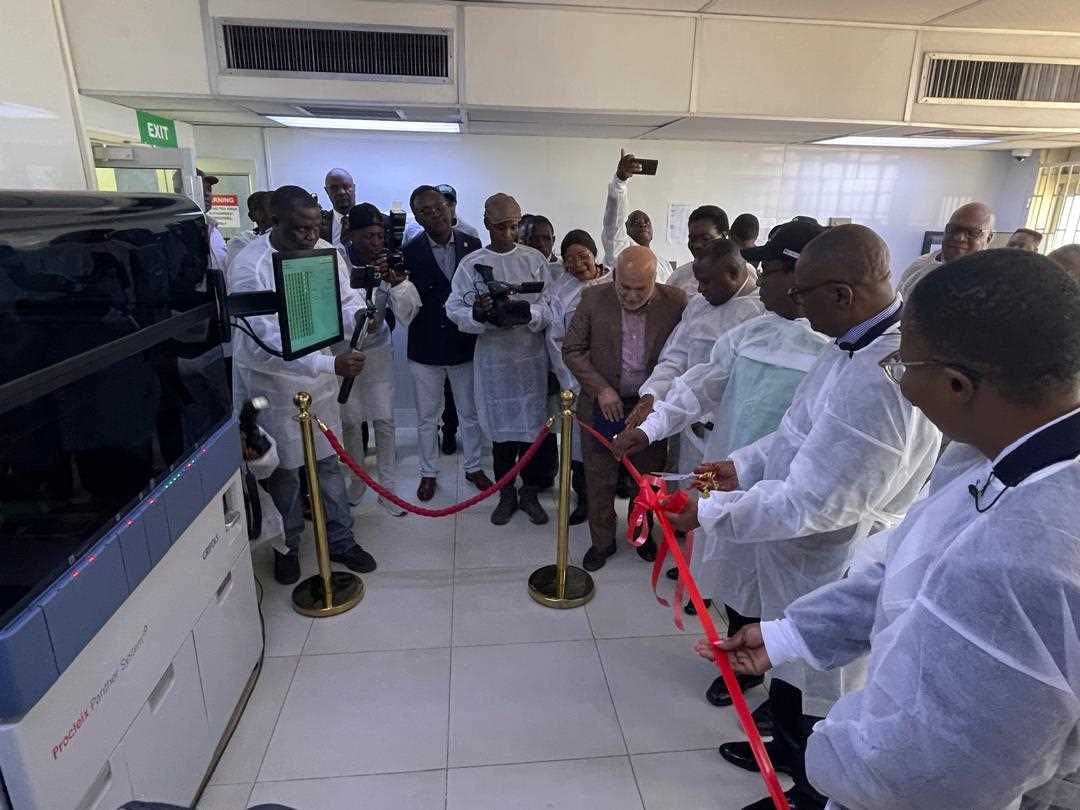
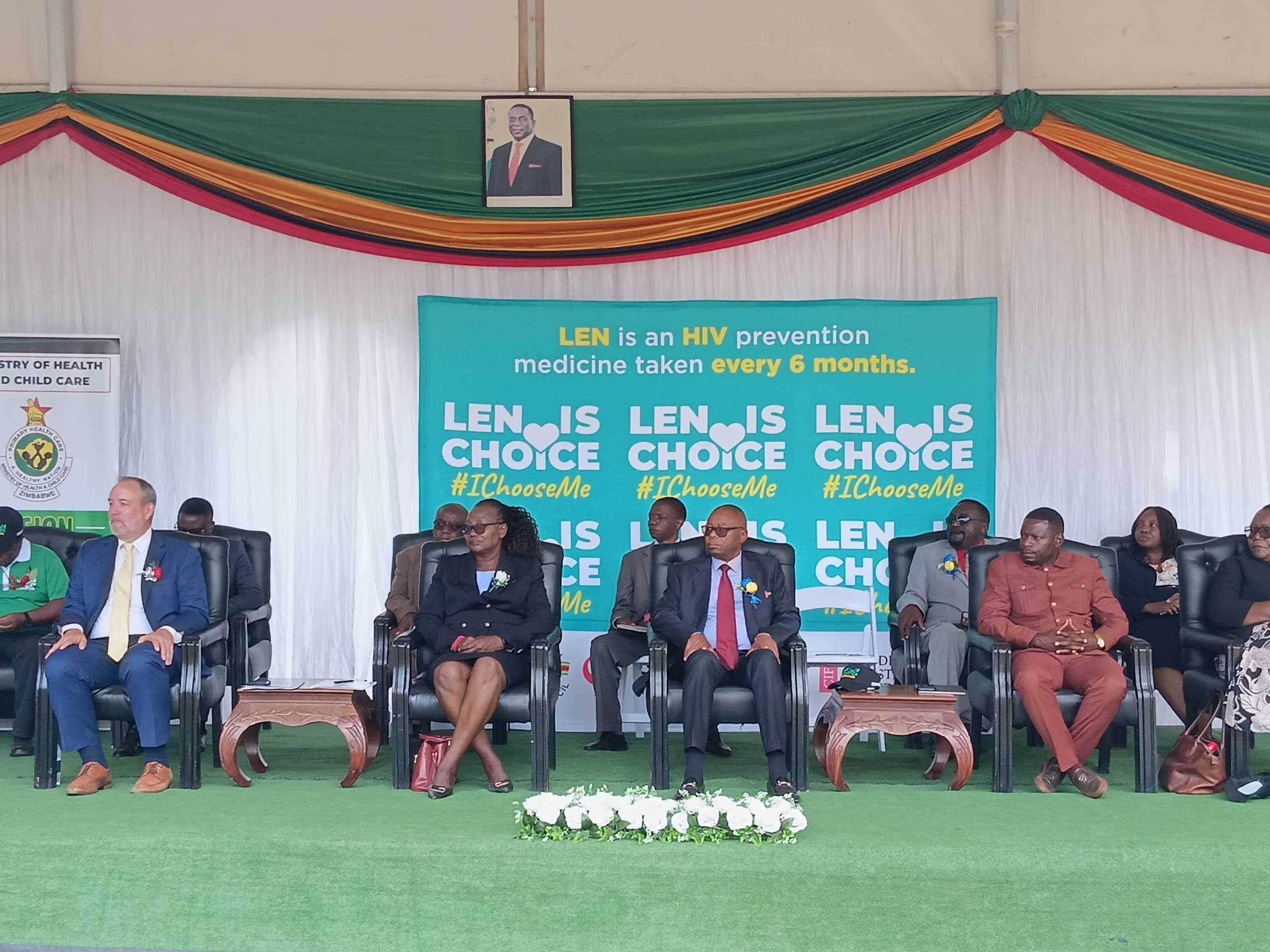


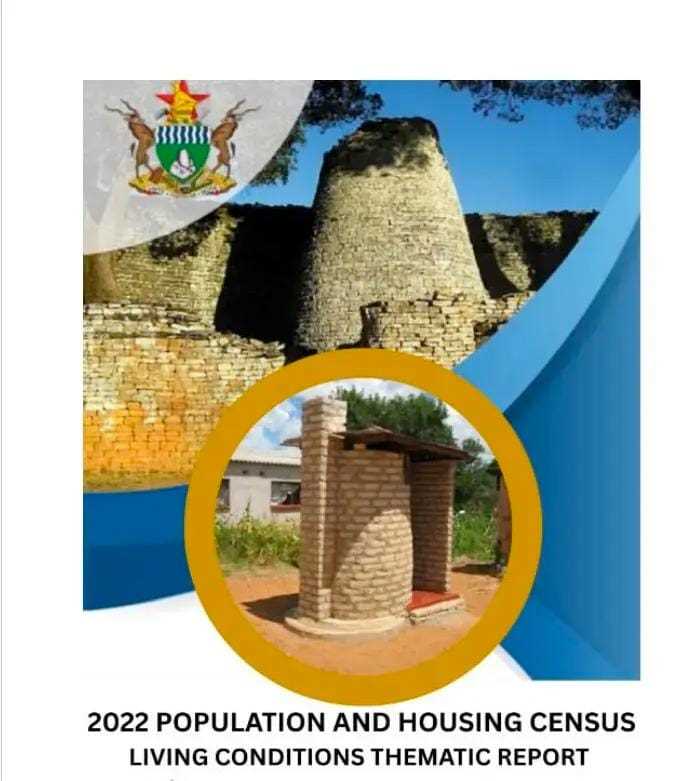


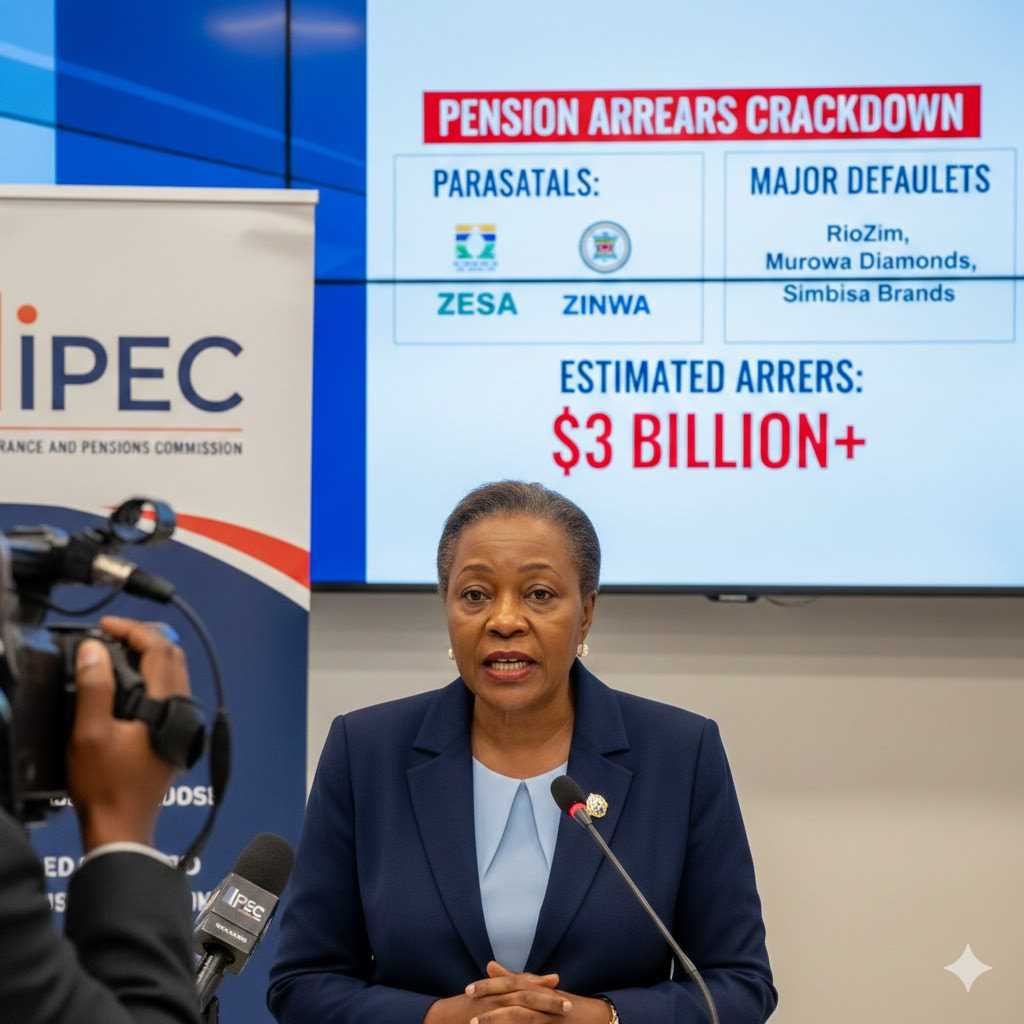


Leave Comments